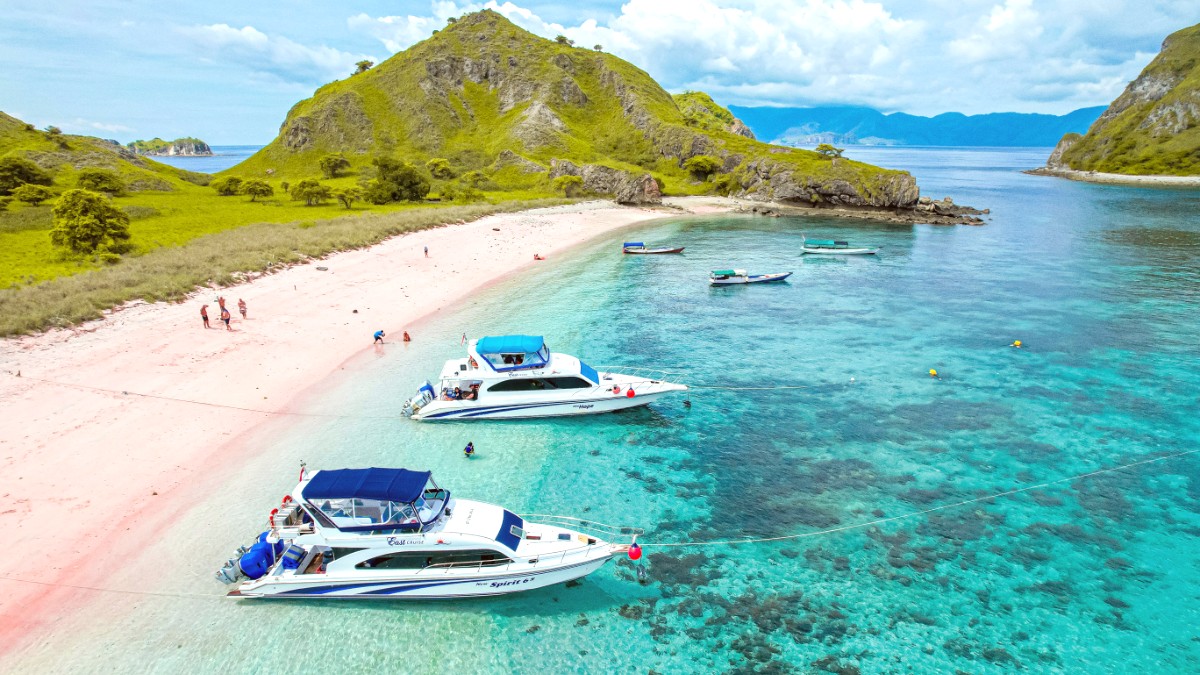
Komodo, Indonesia
Visitors pay an entry fee to Komodo National Park.
Park access is generally from morning to late afternoon.
Specific activities, like diving, may need additional permits.
Komodo Island visits occur with local guides.
Pink Beach access is mainly by boat from Labuan Bajo.
Stay close to your ranger on Rinca or Komodo Island treks.
Be aware of currents during snorkeling or diving.
Carry sufficient drinking water due to high temperatures.
Wear hats, sunglasses, and use sunscreen frequently.
A small personal first aid kit suits minor issues.
A central point for park maps, regulations, and guide arrangements.
Simple food stalls on certain islands serve refreshments.
Limited public restrooms exist at main visitor points.
The main medical facility close to Komodo National Park.
Smaller clinics dot the Labuan Bajo area for minor ailments.
Access to basic medicines and first aid items in Labuan Bajo.
Maintain awareness of your surroundings and personal belongings, especially in crowded areas. Secure valuable items.
Purchase souvenirs from artisans in nearby villages.
Taste authentic Indonesian food at family-run establishments.
Hire guides from the community for their knowledge.
Pack out everything you pack in, including organic waste.
Opt for reusable bottles and bags to minimize waste.
Observe marine creatures from a distance, never touch.
A friendly "Halo" (Hello) or "Terima Kasih" (Thank You) is welcomed.
Always ask permission before taking photos of individuals.
Small gestures of respect enhance your experience.
Sustainable tourism endeavors secure the longevity of Pink Beach's natural wonders for future generations.